Magazine
Reasons Why Your Face Breaks Out When You Wash It

Have you been struggling with breakouts no matter how much you adjust your skincare routine? Are you starting to think that washing your face is the problem?
To be honest, it might be! The solution is never to stop washing your face — using a cleanser every day is necessary, but you might be washing it wrong.
The main reason your face may be breaking out after cleansing is that you are using the wrong methods, the wrong product, or a combination of both.
Particle is here to help every man looking to upgrade his face washing experience. Today, we will be discussing what product you should be using and how to wash the right way.
Washing The Right Way
Washing your face correctly might seem like common sense, but there are several opportunities for you to make harmful mistakes throughout the process.
First and foremost, it is of the utmost importance that you wash your face the appropriate amount of times a day. Washing too little or too often can lead to breakouts.
Throughout the day and night, dirt, sebum, unwanted bacteria, and dead skin cells will gather on your face and, if not cleaned frequently or adequately, will lead to skin damage that includes acne.
To prevent this from happening, you should be washing your face twice a day, once in the morning and once at night.
Though you may be tempted to cleanse your face more than twice a day, doing so may irritate it. Washing your face too excessively with even a top cleanser may lead to your skin drying out as the skin’s natural moisture and lipid barrier, responsible for protecting your skin, is weakened.
One of the few instances you should include an additional wash into your skincare routine is after a high-intensity workout. Sweat itself is not harmful to your skin. In fact, precipitation is a biological reaction that is natural and necessary for maintaining your body’s health.
However, leaving the sweat on your skin for too long may contribute to the clogging of your pores by mixing with the buildup on your epidermis and causing harm like producing blemishes.
After a sweaty midday workout, it is important that you hit the shower or get to the sink and wash your face to prevent this from happening.
The next closest thing to adding a third wash to your daily routine is a method called double-cleansing. Double cleansing is when you wash your face twice in a row at night and is usually reserved for people with active lifestyles, physically laborious jobs, or an oily skin type.
The additional wash is meant to target all of the extra unwanted grime, dirt, and oil collected on your skin throughout the day.
When selecting the right cleanser for you, avoid using soap. Generic soaps like the bar soap you might be using to wash your body in the shower can negatively alter the natural pH balance of your skin. Make sure that you are using a proper cleanser specifically designed to be used on your face.
Then, when it comes time to wash your face, take a moment to wash your hands first. If you use your hands for application and not a tool like a washcloth or sponge, it is important that you rid them of bacteria before touching your face.
Next, remember to use lukewarm water. Lukewarm water is warm enough to open up your pores and allows for thorough, deep cleaning. However, it should not be too hot to the point that it dehydrates your skin or strips it of natural, healthy oils.
Be gentle when washing and drying. Massage your cleanser gently into the entirety of your face. Then, rinse off all of the product, leaving no debris behind. Leftover face wash can cause further breakouts. The safest drying method is air drying, but you can pat — not rub — your face dry with a soft towel if you do not have the time.
Selecting The Right Product
Next, let’s talk about ingredients to look for and ingredients to avoid in your face wash.
The wrong ingredients can be harmful to your skin and can cause breakouts.
Here are some of the worst:
- Parabens: Parabens are preservatives that are used to prevent skincare products from expiring for long periods. Parabens are most dangerous for their ability to disrupt hormone function. This ingredient is most commonly found in face wash, body wash, and lotion for skincare.
- Synthetic fragrance: Synthetic fragrances are created in a lab. They are typically produced from byproducts of natural gas or petroleum. The chemicals used to create this ingredient are potentially toxic and may trigger allergic reactions or skin sensitivities when applied to the skin.
- Formaldehyde: Formaldehyde is a naturally occurring organic compound that is typically used in skincare products as a preservative to prevent the growth of microorganisms. This ingredient can cause allergic reactions, rashing, and skin irritation. This preservative is most commonly found in products for the shower.
- Triclosan and Triclocarban: Just like parabens, triclosan and triclocarban typically function as preservatives. They work as antimicrobials which are used in products to prevent or reduce the growth of microorganisms. Repeated exposure to triclosan and triclocarban may cause skin irritation and may be an endocrine disruptor, impacting organ system toxicity.
- Benzalkonium Chloride: Benzalkonium chloride is used as a surfactant in moisturizers for cleansing, thickening, and foaming. Using skincare products that contain benzalkonium chloride poses the risk of triggering itching, rashing and other forms of irritation.
The right ingredients can do a lot to help your skin and reduce breakouts on top of all sorts of other skin conditions.
Here are some of the best:
- Vitamin E: Vitamin E is a group of oil-soluble antioxidants that includes tocopheryl acetate and tocopherol. These ingredients can provide several benefits, including acting as a soothing agent, hydrating and healing the skin, helping your cells to repair sun damage, and slowing the aging of the skin.
- Hyaluronic Acid: Hyaluronic acid is capable of promoting healthier, more supple skin. The ingredient is most useful for hydrating and moisturizing. These properties make the skin appear smoother and can reduce wrinkles. When the skin is damaged, hyaluronic acid can regulate inflammation levels and, in turn, heal your wounds faster.
- Alpha Hydroxy Acids: Alpha Hydroxy Acids are plant and animal-derived acids used in products that range from serums to creams to peels. There are several benefits to using products containing AHAs like citric acid, glycolic acid, tartaric acid, or lactic acid. For example, they can reduce the appearance of discoloration, brighten your complexion, minimize the appearance of fine lines and reduce breakouts.
- Jojoba Oil: Jojoba oil is extracted from the jojoba plant and incorporated into cleansers, moisturizers, and spot treatments. The ingredient contains a myriad of soothing properties like fading the appearance of fine lines and relieving sun damage.
- Allantoin: Allantoin also works to hydrate the skin, minimize the appearance of scars, and improve your skin’s overall well-being.
Particle Face Wash
Now that you have an understanding of how to apply face wash properly and what ingredients are good and bad for your skin, we can show you what a good face wash looks like.
Allow us to introduce you to Particle Face Wash. Particle Face Wash is a daily face wash with anti-aging actions that washes away dirt and leaves your skin feeling fresh and clean. Our product is specifically engineered for men to help remove oil and grime, revitalize, exfoliate, and hydrate.
The magic of our cleanser is the combination of premium ingredients. Particle Face Wash contains Allantoin, Cinnamomum extract, Panthenol, Aloe vera, and Glycolic acid.
Allantoin helps to heal damaged or dry skin and soothes and protects damaged cells. Cinnamomum extract Supports firmer, more supple-looking skin. Panthenol hydrates, calms, and soothes irritated skin. Aloe vera hydrates and reduces skin irritations, and replenishes skin with vitamins and minerals. Glycolic acid gets rid of dead skin cells and helps with pigmentation.
All together, these ingredients can offer men of every skin type an immediate facial treatment every morning and every night when applied to the skin. Check out reviews of our product here.
Conclusion
If your face breaks out after washing it, the solution is probably something simple, like choosing a healthier product and applying it better.
Remember to check the ingredients you are using on your skin, adjust as necessary, and apply your cleanser with care.
Sources:
Parabens | PubMed
Formaldehyde | PubMed
Beneficial effects of hyaluronic acid | PubMed
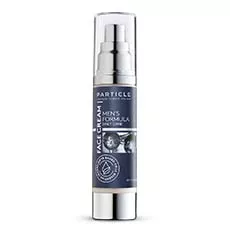
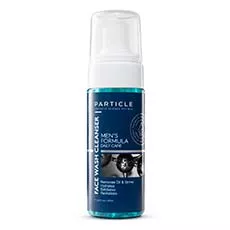
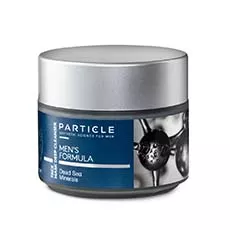
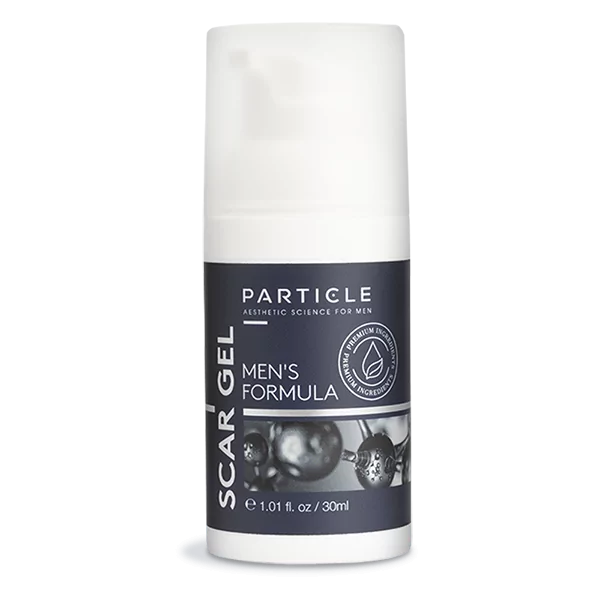
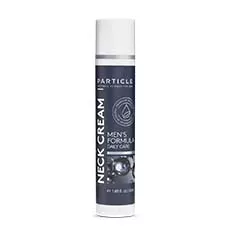
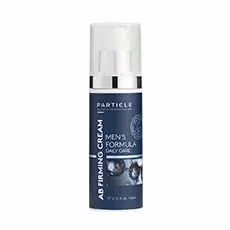
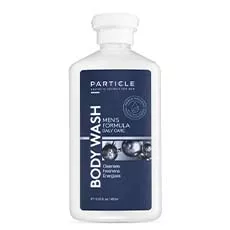
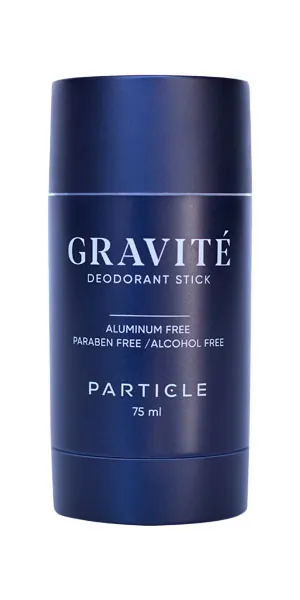
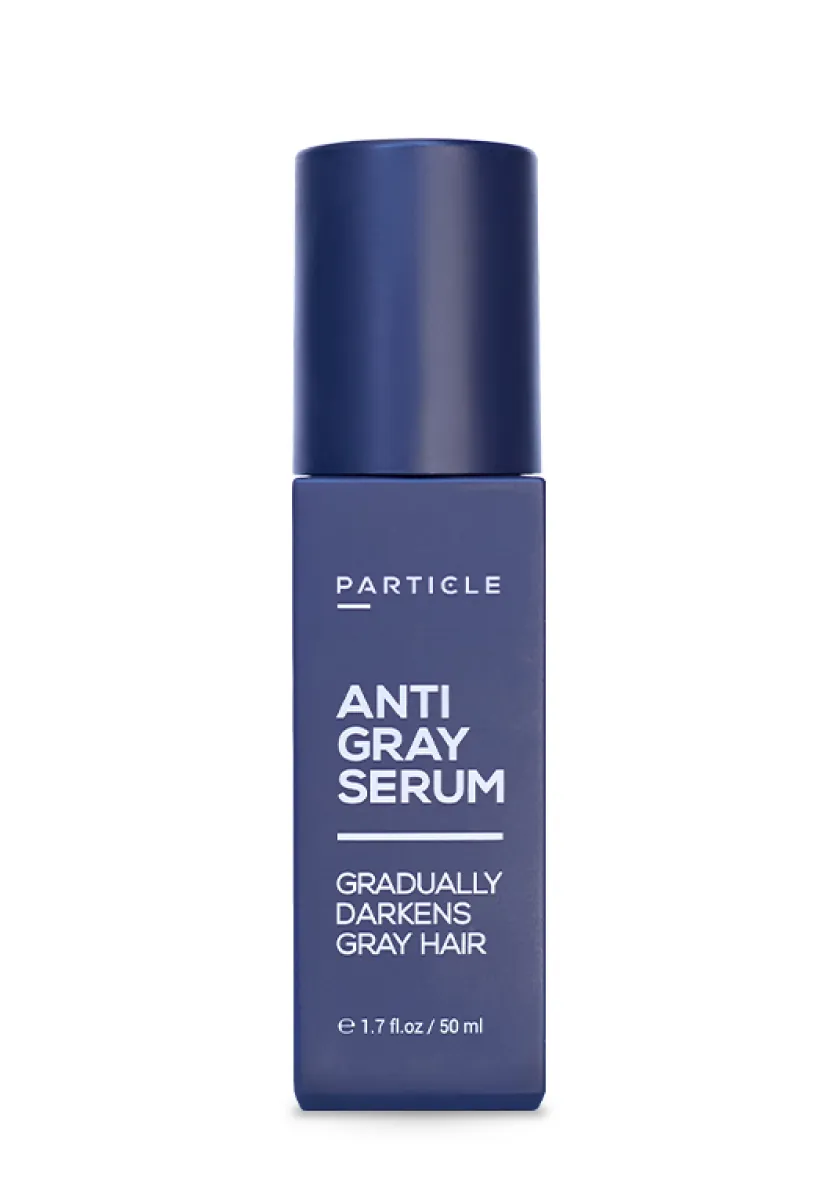
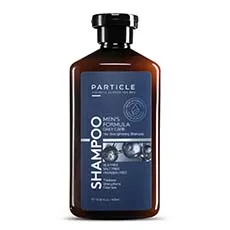
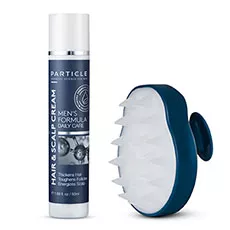
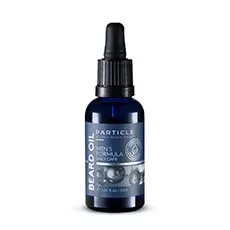
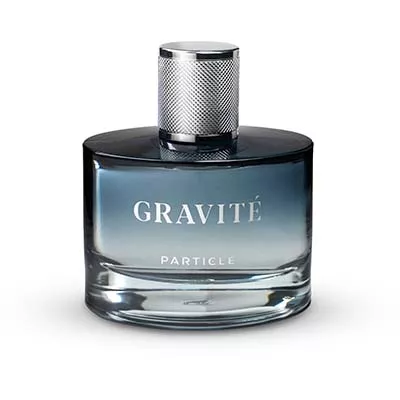

 ca
ca















